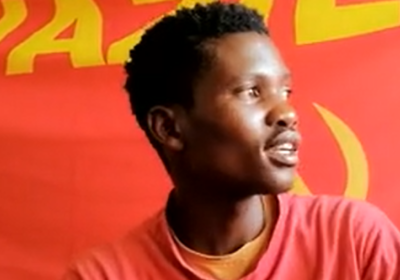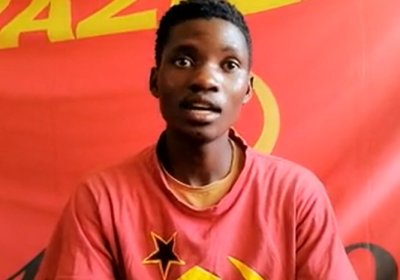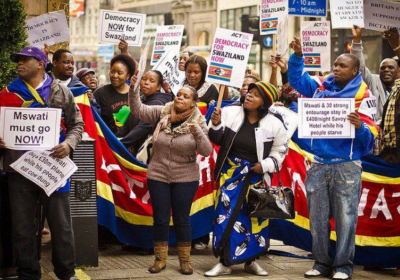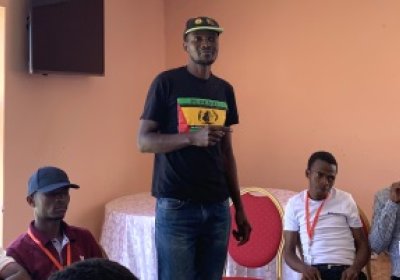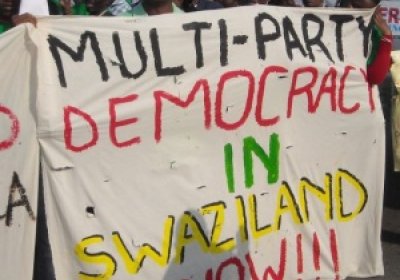The Communist Party of Swaziland is set to launch a “Break the Chains” campaign to demand the release of political prisoners, reports Peoples Dispatch.
Swaziland
Communist Party of Swaziland activist Mvuselelo Mkhabela escaped from a hospital after being shot and tortured by the police, reports Peoples Dispatch.
Luna Michaels talks about the struggle for democracy and an end to absolute monarchy in Swaziland.
Protests have erupted in Eswatini, a southern African kingdom formerly known as Swaziland, following the alleged police murder of a law student in early May, reports Maxime Bowen.
The biggest youth movement in Swaziland, the Swaziland Youth Congress (SWAYOCO), called for democracy at its 12th National Congress held over February 16-17.
After a coup and 22 years of authoritarian rule, The Gambia’s President Yahya Jammeh conceded power in elections on December 1. We can learn from The Gambia that we are stronger united than divided, says Swazi activist Bheki Dlamini.
Swaziland and The Gambia are two of Africa’s smallest nations, both less than 20.000 km2 and with populations below 2 million. Both got their independence from Britain in the 1960s, and both are more or less engulfed by, and to a large degree dependent on, a much larger and more powerful neighbour.
The International Trade Union Confederation (ITUC), campaigning groups and labour-supporting members of the European parliament launched protests this month about the continued harassment and jailing of trade unionists and democracy campaigners in Swaziland. ITUC general secretary Sharan Burrow has noted that, in Swaziland, “Violations against the fundamental rights of workers have become systemic”.
Swaziland is one of the smallest African states and the world's last absolute monarchy.
